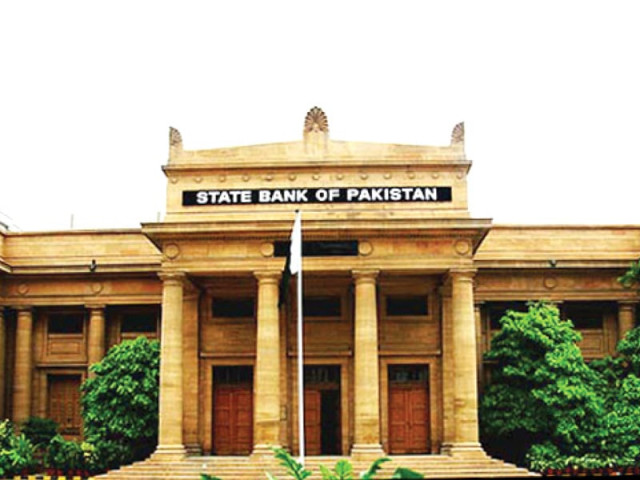In a bid to expand SME financing, State Bank eases regulations
Move seen as first bid to allow banks to start lending to informal sector.

State Bank of Pakistan eases the rules that govern how and how much banks can lend to small and medium enterprises. PHOTO: FILE
The announcement was made in typical State Bank fashion: quietly and through a discreet e-mail sent out to the media after regular business hours. But the revelation in that press release was a dramatic reversal of policy, and may well lead to a significant boom in lending to the SME sector and might even encourage banks to start lending to the informal sector.
The rules create two separate definitions for small enterprises and medium-sized enterprises and create different lending rules for each. They expand the lending limit – including the “clean” (uncollateralised) lending limit – as well as dramatically reducing documentation requirements for small enterprises.
“Banks’ exposure to SMEs have shown tilt towards large-size corporate and medium enterprises, thus neglecting the small enterprises in their banking business,” said Syed Samar Hasnain, the director of the State Bank’s SME financing department in the preface to the new rules. “We feel that a separate definition for Small Enterprises will not only help banks to align their business strategy with the small enterprise financing needs, but will also help SBP to monitor the flow of credit to this important sector more closely.”
Small enterprises are defined in the new rules as businesses that have less than Rs75 million in annual revenues and have less than 20 employees. These entities are allowed to borrow up to Rs15 million from the banking sector, and will for the first time be able to do so without providing audited financial statements. Instead, the banks are permitted to ask for a copy of financial statements signed by the entrepreneurs themselves.
The removal of documentation requirements – believed to be a first for the central bank – will allow businesses currently in the informal sector to begin accessing formal sector financing options, thereby enabling them to enter the formal sector.
The objectives of this policy are clear: economists have been saying for some time now that the informal sector of the Pakistani economy is a lot larger than they had previously thought and appears to be doing rather well. By allowing banks to lend to this sector, the SBP is allowing banks to profit from its growth.
In addition, banks have been growing desperate for avenues of lending that enable them to earn higher yields ever since the State Bank has decided to make it painful for them to lazily take in deposits and simply lend them out to the government. “Banks must fulfil their role as financial intermediaries in the economy” has become a mantra at the central bank.
The banking sector’s response thus far has been to start seeking avenues of lending in the SME sector. Virtually every top banking official who spoke to The Express Tribune over the past year has boasted of their bank’s plans to expand lending to the SME sector. By easing the rules, the State Bank appears to be helping them along.
The new rules also allow for banks to lend up to Rs5 million to companies without requiring them to post any collateral. The previous limit was Rs2 million. This new, higher limit will not include any borrowing that the owners of small businesses undertake in their personal capacity, further enhancing their ability to access bank financing.
Medium enterprises will be defined as companies that have annual revenues between Rs75 million and Rs400 million and between 21 and 250 employees for manufacturing businesses, and between 21 and 50 employees for service sector businesses.
Published in The Express Tribune, May 8th, 2013.
Like Business on Facebook to stay informed and join in the conversation.



















COMMENTS
Comments are moderated and generally will be posted if they are on-topic and not abusive.
For more information, please see our Comments FAQ